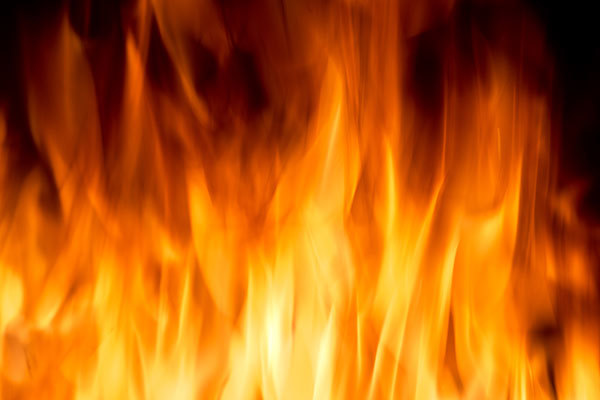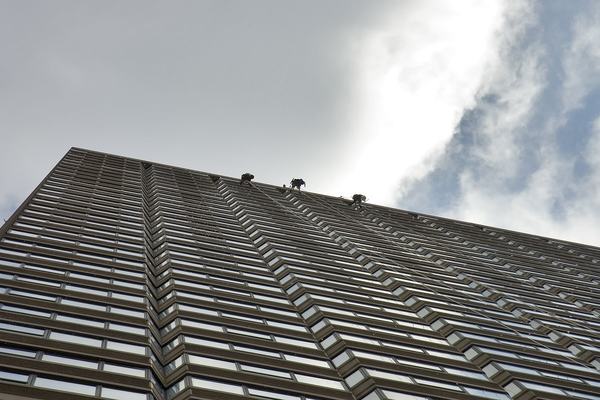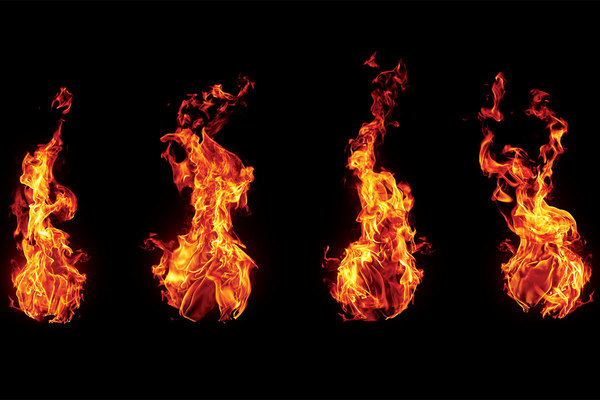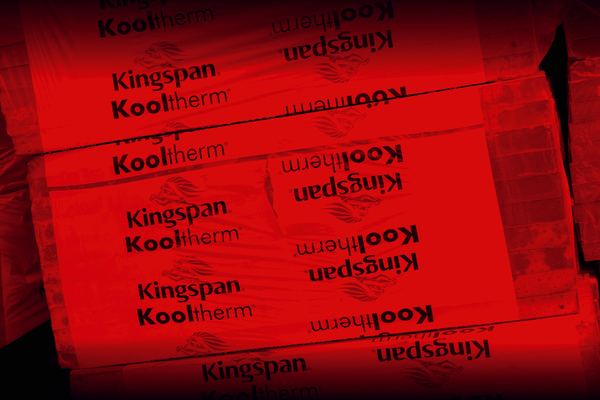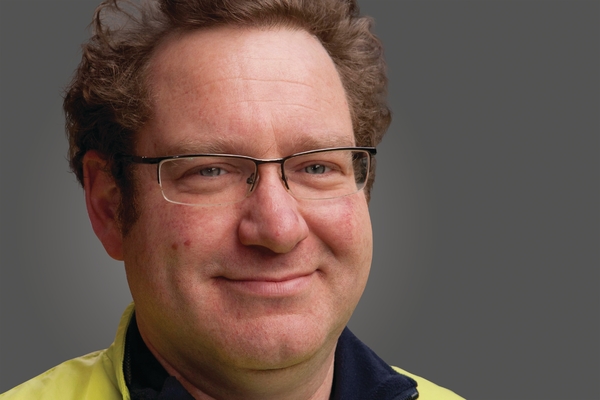Government orders suspension of cladding previously thought to be safe for high rises
The government has demanded that a cladding product previously deemed safe for use on high rises be removed from sale, after official tests.
James Brokenshire, housing secretary, published a letter last week calling for Vitracore G2 to be withdrawn from the market after differences were found differences between the product being sold and the one originally tested.
In a statement, the company said it disputes the ‘as yet unverified’ test findings, but agreed to suspend sales and conduct a review.
The product hit the headlines in July when BBC Newsnight revealed it was involved in a test failure when combined with mineral wool insulation.
The result shocked experts as both products had a ‘limited combustibility’ rating, meaning they would be automatically considered safe for use under existing building guidance.
But in his letter, Mr Brokenshire said that tests by the Ministry of Housing, Communities and Local Government (MHCLG) had shown that the product being sold on the market was different from the one certified as being of limited combustibility.
Vitracore G2 is manufactured by Valcan and is, like the cladding used on Grenfell, a composite material made with aluminium.
Unlike Grenfell’s cladding, however, it does not have a combustible core. Instead, it has a honeycomb structure, like corrugated cardboard, and is filled with aluminium. This core contains combustible glue.
Government tests found products on the market have more of this glue than the one tested, making it more combustible.
In 2016, the Building Research Establishment (BRE) classified Vitracore G2 as A2, meaning that it is considered to be of limited combustibility and therefore permitted under any interpretation of building guidance.
It would also have remained legal under the forthcoming ban on combustible materials on the outside of high-rise buildings.
In his letter, however, Mr Brokenshire wrote: “Our testing has demonstrated that the product being sold on the market differs from the one tested for classification. The results show the samples tested contain more combustible adhesive than is specified in the original classification report.”
Related Files
The housing secretary added that the government has referred the matter to Trading Standards, asked the supplier to withdraw the product until it can demonstrate it meets standards and contacted two building owners that have purchase Vitracore G2.
A spokesperson for the BRE said that its classification report “states variations that are, and are not permitted for the A2 classification to remain valid. The field of application section refers to ‘Adhesives’ and clearly states: ‘No variation in adhesives is permitted.’
“If therefore, subsequent tests from new samples have showed adhesive levels to be changed, the Secretary of State’s statement is correct: ‘The product being sold on the market differs from the one tested for classification.’”
According to Mr Brokenshire’s letter, the product is not widely used in the UK. It is a popular product in Australia.
A spokesperson for Valcan told Inside Housing: “We willingly suspended sales of Vitracore G2 in the UK after the unspecified and as yet unverified test by MHCLG claimed a variance in the tested panel’s constituents may affect its fire safety standard certification.
“Although we dispute the MHCLG findings, as a responsible company we have immediately initiated a manufacturing process review plus independent tests to verify if any inconsistency in the product adhesive can be confirmed.”
The tests in July were commissioned by insulation manufacturer Kingspan, which makes several widely used combustible insulation products.
The company supports whole system testing rather than ratings of individual products as combustible or non-combustible to assess building safety.
A spokesperson for Kingspan said: “The minister’s letter does not reach a definitive conclusion on whether the Vitracore G2 achieves A2 classification or not.
“Kingspan is firmly of the view that the only way to have confidence that dangerous cladding systems are not permitted on high-rise buildings is BS 8414 testing of all systems.”
Tech Leaders 2018
We unveil Tech Leaders 2018 - a list of the tech innovators digitally transforming their organisations:
Sponsored by Hitachi Solutions

